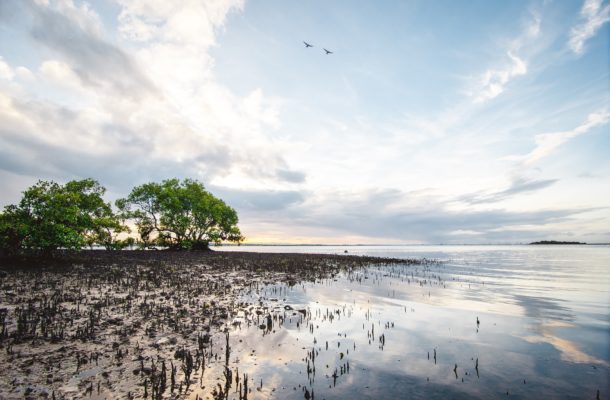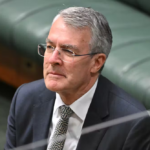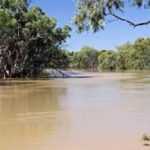The left shouldn’t own the green agenda

To modern conservatives green ideas represent everything they apparently despise: cosmopolitanism, social equality and the regulation of free market capitalism.
However respect for a healthy natural world and conservation should be at the heart of genuine conservative politics, the sort in Australia the Nationals and even Malcolm Turnbull claim to represent. Indeed, in his first speech as leader of the Nationals, Michael McCormack said water is Australia’s most important resource.
For how can you maintain traditional social networks, customs, manners and cultures developed from a unique national geography without the ecosystems that nurtured them? Put simply, farmers can’t grow food and sustain rural communities without healthy soil.
It is an awkward fact for today’s conservatives that pioneer environmentalists such as Edward Goldsmith and E.F. Schumacher were more conservative, in any meaningful sense, than they are.
While drawn from varied political and social backgrounds, they idealised small, self-regulating, pre-modern societies, not too dissimilar from European villages of the Middle Ages. Scathing critics of industrial society, they were as radical as they were traditional, although there was, no doubt, an internationalist and socialist flipside to that coin.
Indeed, former British Conservative leader David Cameron famously read E.F. Schumacher’s Small is Beautiful and Paul Kingsnorth’s Real England while in opposition, although he promptly forgot those ideas upon entering office.
It was predominantly the liberal enlightenment, not conservative ideas, that sought to free human beings from the constraints of religion, tradition and ultimately nature itself.
Whereas liberalism generally championed individual rights and abstract reason as the basis of politics, law and behaviour, conservatism from Edmund Burke onwards emphasised traditional institutions and the affinities and affections that embodied them as the foundations of stable societies.
Ironically for environmentalists today, Burke was a fierce opponent of the excesses of the French Revolution – the event that ushered modern democracy into the world – yet believed society was a contract between the living, the dead and the unborn.
Curiously, two centuries later this sounds more like the manifesto of a green voter than a gun-slinging Tory, with the community and locally produced food at the heart of their agenda. The much-deified individual is powerless to arrest the forces that drive climate change and ecological collapse.
Likewise, an urban politics bred an economics to match – or was that the other way around? Before the Industrial Revolution a band of French economists, the physiocrats, acknowledged the complete dependence of economic activity upon solar energy – ‘a free gift from nature’ – but Adam Smith, Karl Marx, John Maynard Keynes and the neoliberal economists that followed reflected modern, urban society, emphasised labour as the source of value and ensured a conceptual severing of production and nature.
Ecological economists today, in their mission to resituate the economy within environmental and social limits and thereby recognise that the former depends on the latter, are as varied as their predecessors, from the theological writings of Herman Daly to the technocratic Steve Keen.
A philosophy compatible with all political affiliations is open to criticism that because it is something to everyone, it is nothing at all. But perhaps that was the point the early environmentalists were making; all political doctrines were committed to growth and progress at any cost.
The ‘left’ vs ‘right’ dichotomy which still prevails in Australia suits the established order precisely because it closes down genuine debate and forces us into restrictive binary camps of ‘socialist greens’ and ‘liberal-conservatives’.
Messrs McCormack and Turnbull should take note: they’re quickly running out of things to conserve.
James Alexander is a graduate of Melbourne University and has worked on sustainable development issues at the United Nations Office for Sustainable Development, and the Department of Foreign Affairs and Trade. He is currently seeking fresh opportunities and can be contacted here.










